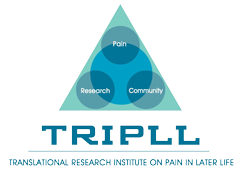The Value of Therapy for Older Adults
allison2018-09-27T23:13:13-04:00The New York Times recently featured an article on their Well blog that discussed the positive effects of psychological and emotional therapy for older adults. The following is an excerpt from the article: “For people in their 80s and 90s now, depression was considered almost a moral weakness,” said Dr. Gallagher-Thompson. “Fifty years ago, when they were in their 20s and 30s, people were locked up and someone threw away the key. They had a terrible fear that if they said they were depressed, they were going to end up in an institution. So they learned to look good and cover [...]
